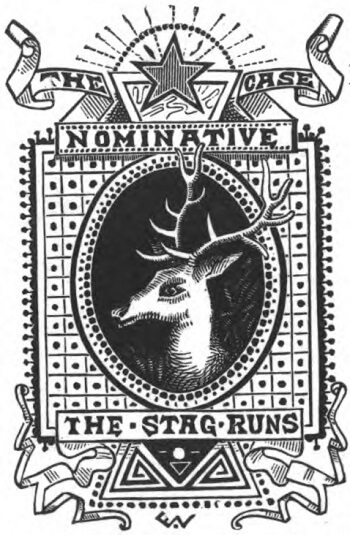Activity - Week 1 Part 1: Identify the Verb and its Nominative
- Identify the verb and its nominative in the sentences below.
- Example: The fox ate the cookies. (nominative = fox, verb = ate)
SENTENCES
- Susan rolls out the dough.
- They sit on a bench together.
- We hug each other.
- The boy plays marbles.
- The dog barked at the bird.
- The ducks waddle across the road.
Activity - Week 1 Part 2: Identify the Erroneous Sentences
- Some of the sentences below are erroneous in that the verb fails to agree with its nominative case.
- Identify whether each sentence is correct or erroneous.
SENTENCES
- Edgar bake the pie.
- He loves to play games.
- She run around the track.
- They plays a duet on the piano.
- We sits down at the table.
- The boy asked for a piece of cake.
- The dog run in circles.
- The ducks quacks at the fox.
Activity - Week 2: Find the Nominatives
Find the nominatives in Serjeant Parsing's Verses.
SERJEANT PARSING'S VERSES.
- The hen guards well her little chicks,
- The useful cow is meek;
- The beaver builds with mud and sticks,
- The lapwing loves to squeak.
- ***
- In Germany they hunt the boar,
- The bee brings honey home;
- The ant lays up a winter store,
- The bear loves honeycomb.
- ***
- I lost my poor little doll, dears,
- As I played on the heath one day;
- And I cried for her more than a week, dears,
- But I never could find where she lay.
- ***
- The maidens laughed, the children played,
- The boys cut many capers,
- While aunt was lecturing the maid,
- And uncle read the papers.
 Grammar-Land
Grammar-Land
Grammar-Land
Grammar-Land


 Grammar-Land
Grammar-Land
Grammar-Land
Grammar-Land
